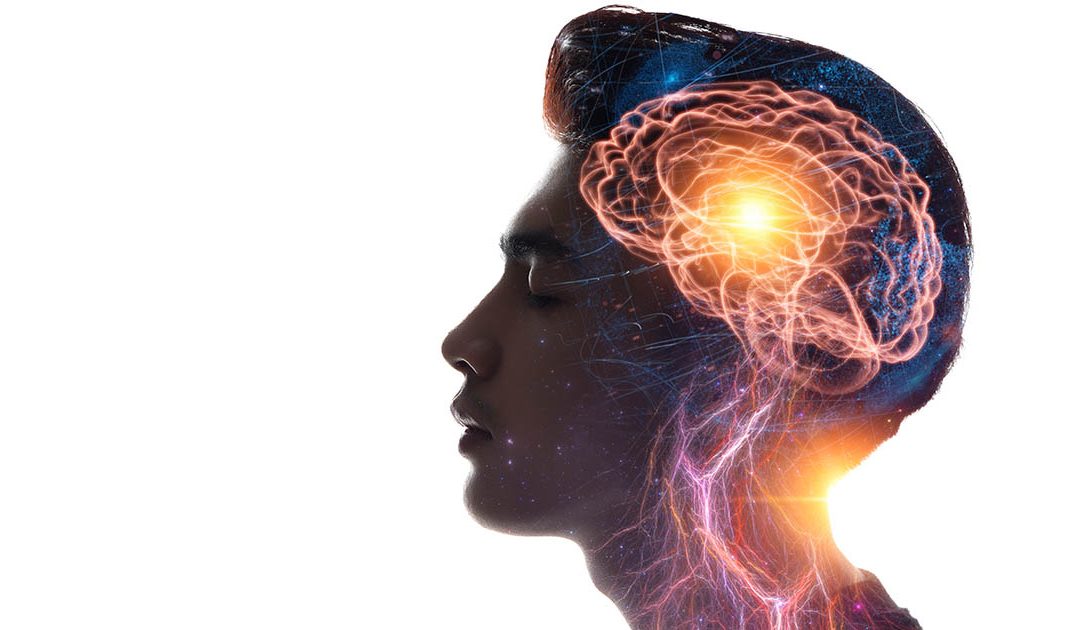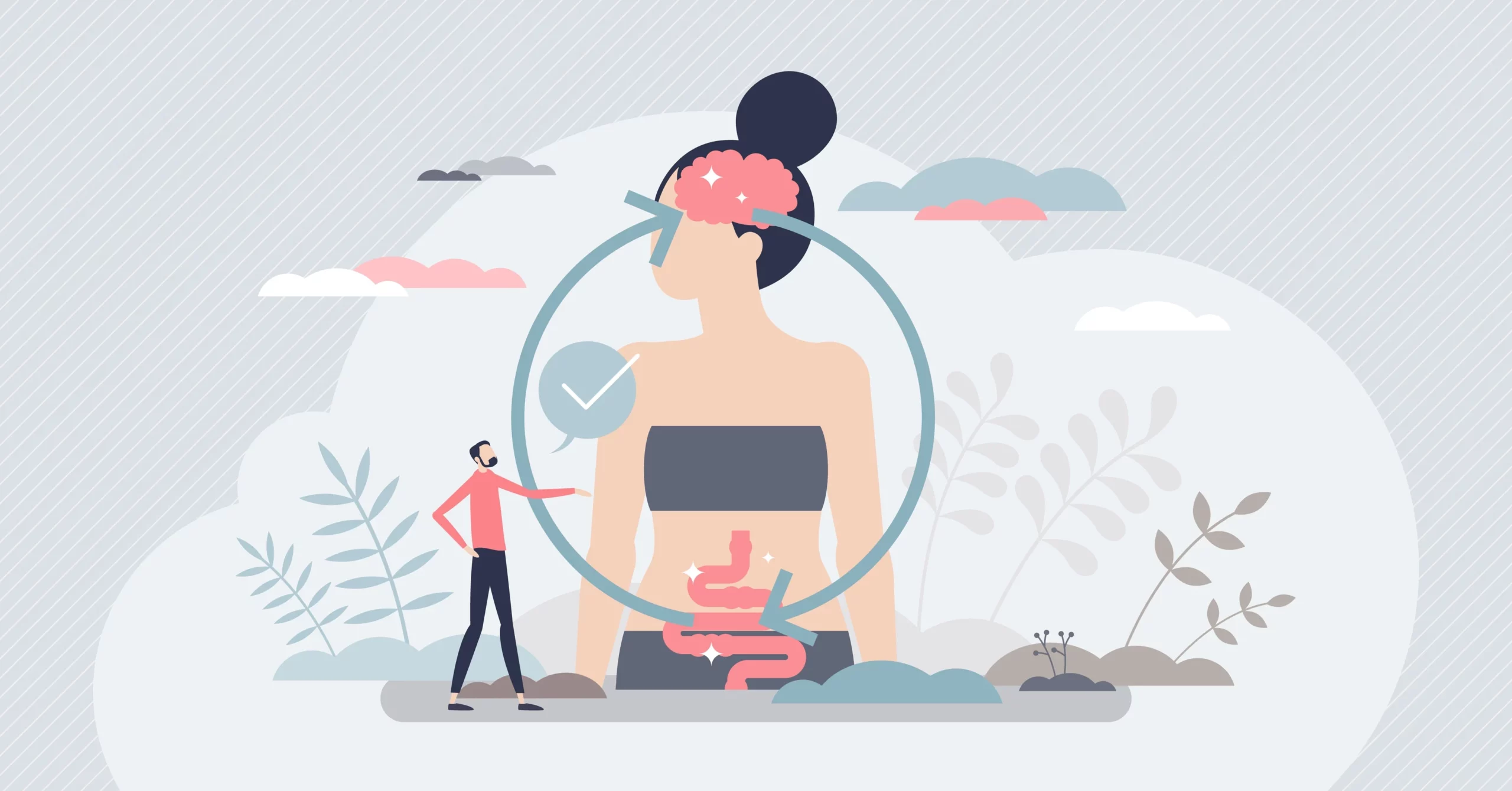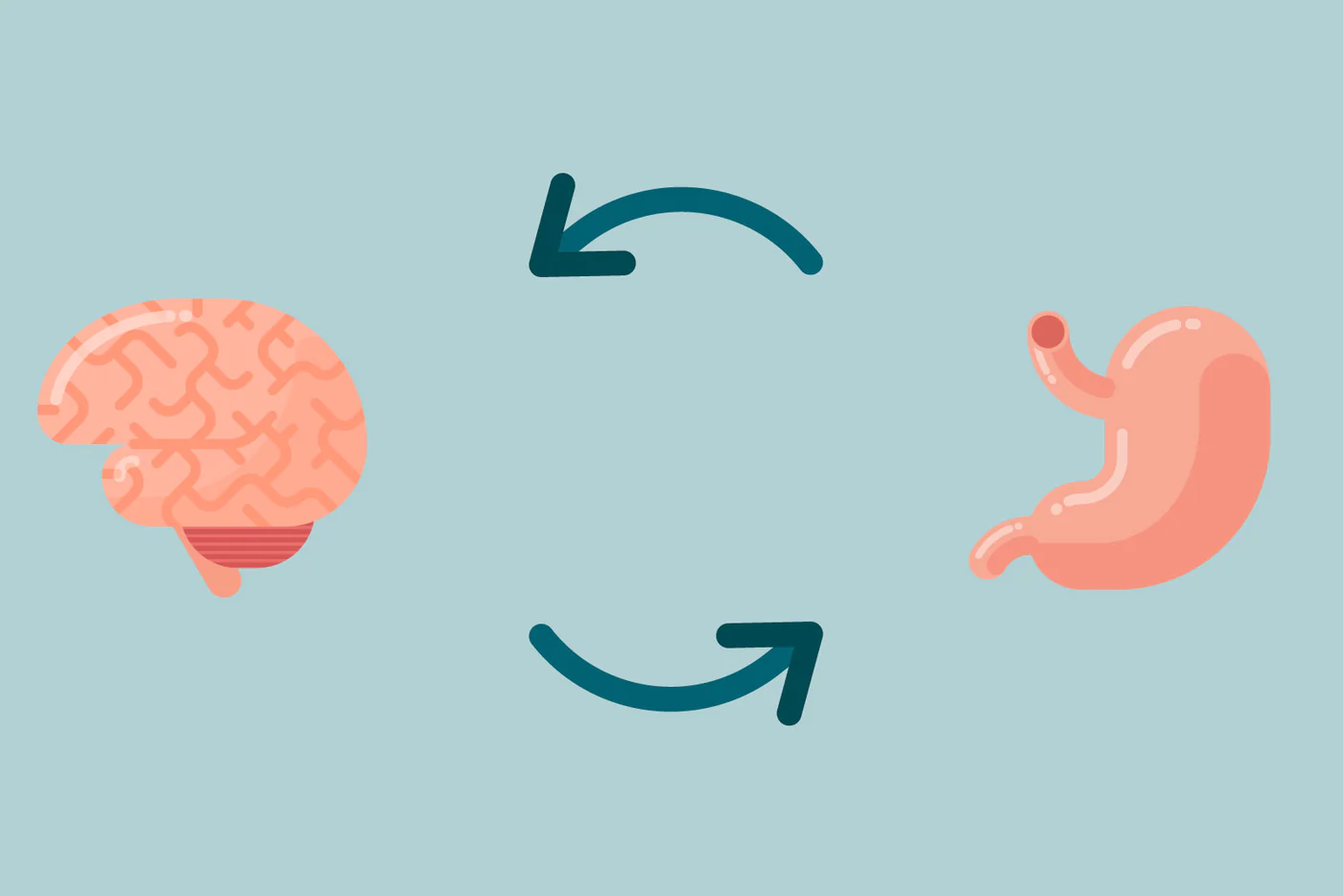Gut Health has moved to the mainstream over the past few years, becoming a top priority for many consumers and even garnering attention on TikTok with the hashtag #guttok. Now scientists are looking at the connection between gut health and mental health – studying the effect a healthy microbiome can have on conditions such as depression, anxiety and Parkinsons. According to Dr. Reezwana Chowdhury, an assistant professor at Johns Hopkins Medicine, “The gut is linked to the immune system and heart health, and emerging research is examining the link between gut flora and neurological disorders.”
The Gut-Brain Axis
It’s widely acknowledged now that gut and brain health are closely connected. Many of us can think of a time when stress has impacted our digestive health – such as “getting butterflies” in our stomach when we’re nervous about something. The gut-brain axis refers to just that – the connection between our brain health and digestive health. ADM scientists have been conducting a number of clinicals trials aimed at discovering more about the brain-gut axis. According to Richard Day, VP of medical affairs and clinical development at ADM, “In recent years the conversation has changed around mental health. Twenty years ago, physical and mental health were seen and treated separately, but now doctors and consumers really do see health unified between mental and physical.”
Clinical Trial Reveals Link between Gut Health and Depression
In a recent human clinical trial, ADM scientists collaborated with researchers from the University of Oxford to conduct research on 71 adults aged 18-71 with self-reported low mood or depression. Individuals received either a probiotic that contained 14 bacterial strains or a placebo for 4 weeks. During that time, mood, cognitive and emotional processing were all measured. The trial resulted in a “clinically significant result” in mood scores – the scientists discovered that the probiotic had created an antidepressant effect via a different psychological mechanism than a traditional antidepressant. According to Day, “antidepressants work by making the bad things seem less bad and the good things feel better. Whereas with the probiotic, everything was brought more to the midline.” It was concluded that this method of treatment was potentially safer, because it prevents biased positive emotions that traditional antidepressants have the ability to create.
Research into Neurodegenerative Disorders
According to the Michael J. Fox Foundation, “there is a link between the gut and the brain in Parkinson’s disease (PD), and gut bacteria may play an important role.” Research has indicated that there are associations between changes in the microbiome and neurodegenerative disorders such as Alzheimers and Parkinsons disease. In one study, Alzheimer’s patients, when compared to control patients of the same age and gender, were found to have decreased levels of butyrate producing bacteria. Butyrate is a short chain fatty acid (SCFA) that can “affect the gut-brain axis by enhancing cholinergic neurons via epigenetic mechanisms while also being able to cross the blood-brain barrier and activate the vagus nerve and hypothalamus.”
While much is still unknown about the connection between our gut and our brain, the gut-brain axis provides a strong starting point for future research. New studies are being conducted every day to learn more about the exact bacteria strains that impact brain health and what gut supplements can improve brain function.
Looking to stay on top of the latest trends & insights? Check out our blog and follow us on Instagram and LinkedIn to stay in the loop.


